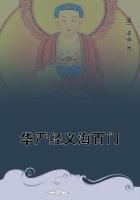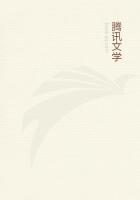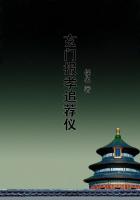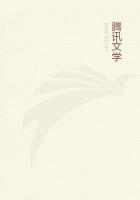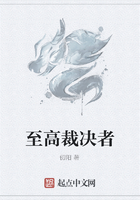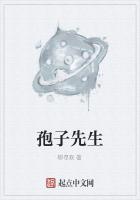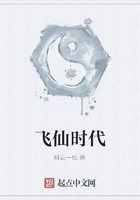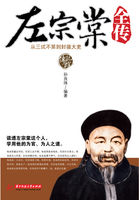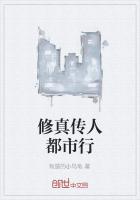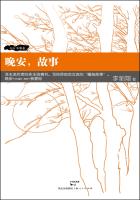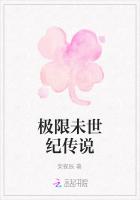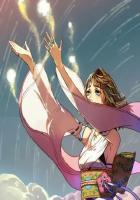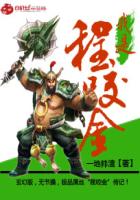No, the progress of the last six hundred years would not have been possible without the existence of cities. I shall, therefore, have to make this chapter a little longer than many of the others. It is too important to be reduced to three or four pages, devoted to mere political events.
The ancient world of Egypt and Babylonia and Assyria had been a world of cities. Greece had been a country of City-States. The history of Phoenicia was the history of two cities called Sidon and Tyre. The Roman Empire was the "hinterland" of a single town. Writing, art, science, astronomy, architecture, literature, the theatre--the list is endless--have all been products of the city.
For almost four thousand years the wooden bee-hive which we call a town had been the workshop of the world. Then came the great migrations. The Roman Empire was destroyed.
The cities were burned down and Europe once more became a land of pastures and little agricultural villages. During the Dark Ages the fields of civilisation had lain fallow.
The Crusades had prepared the soil for a new crop. It was time for the harvest, but the fruit was plucked by the burghers of the free cities.
I have told you the story of the castles and the monasteries, with their heavy stone enclosures--the homes of the knights and the monks, who guarded men's bodies and their souls.
You have seen how a few artisans (butchers and bakers and an occasional candle-stick maker) came to live near the castle to tend to the wants of their masters and to find protection in case of danger. Sometimes the feudal lord allowed these people to surround their houses with a stockade. But they were dependent for their living upon the good-will of the mighty Seigneur of the castle. When he went about they knelt before him and kissed his hand.
Then came the Crusades and many things changed. The migrations had driven people from the north-east to the west.
The Crusades made millions of people travel from the west to the highly civilised regions of the south-east. They discovered that the world was not bounded by the four walls of their little settlement. They came to appreciate better clothes, more comfortable houses, new dishes, products of the mysterious Orient.
After their return to their old homes, they insisted that they be supplied with those articles. The peddler with his pack upon his back--the only merchant of the Dark Ages--added these goods to his old merchandise, bought a cart, hired a few ex-crusaders to protect him against the crime wave which followed this great international war, and went forth to do business upon a more modern and larger scale. His career was not an easy one. Every time he entered the domains of another Lord he had to pay tolls and taxes. But the business was profitable all the same and the peddler continued to make his rounds.
Soon certain energetic merchants discovered that the goods which they had always imported from afar could be made at home. They turned part of their homes into a workgshop.{sic}
They ceased to be merchants and became manufacturers. They sold their products not only to the lord of the castle and to the abbot in his monastery, but they exported them to nearby towns.
The lord and the abbot paid them with products of their farms, eggs and wines, and with honey, which in those early days was used as sugar. But the citizens of distant towns were obliged to pay in cash and the manufacturer and the merchant began to own little pieces of gold, which entirely changed their position in the society of the early Middle Ages.
It is difficult for you to imagine a world without money.
In a modern city one cannot possible live without money. All day long you carry a pocket full of small discs of metal to "pay your way." You need a nickel for the street-car, a dollar for a dinner, three cents for an evening paper. But many people of the early Middle Ages never saw a piece of coined money from the time they were born to the day of their death.
The gold and silver of Greece and Rome lay buried beneath the ruins of their cities. The world of the migrations, which had succeeded the Empire, was an agricultural world. Every farmer raised enough grain and enough sheep and enough cows for his own use.
The mediaeval knight was a country squire and was rarely forced to pay for materials in money. His estates produced everything that he and his family ate and drank and wore on their backs. The bricks for his house were made along the banks of the nearest river. Wood for the rafters of the hall was cut from the baronial forest. The few articles that had to come from abroad were paid for in goods--in honey--in eggs --in fagots.
But the Crusades upset the routine of the old agricultural life in a very drastic fashion. Suppose that the Duke of Hildesheim was going to the Holy Land. He must travel thousands of miles and he must pay his passage and his hotel-bills.
At home he could pay with products of his farm. But he could not well take a hundred dozen eggs and a cart-load of hams with him to satisfy the greed of the shipping agent of Venice or the inn-keeper of the Brenner Pass. These gentlemen insisted upon cash. His Lordship therefore was obliged to take a small quantity of gold with him upon his voyage.
Where could he find this gold? He could borrow it from the Lombards, the descendants of the old Longobards, who had turned professional money-lenders, who seated behind their exchange-table (commonly known as "banco" or bank) were glad to let his Grace have a few hundred gold pieces in exchange for a mortgage upon his estates, that they might be repaid in case His Lordship should die at the hands of the Turks.
That was dangerous business for the borrower. In the end, the Lombards invariably owned the estates and the Knight became a bankrupt, who hired himself out as a fighting man to a more powerful and more careful neighbour.

